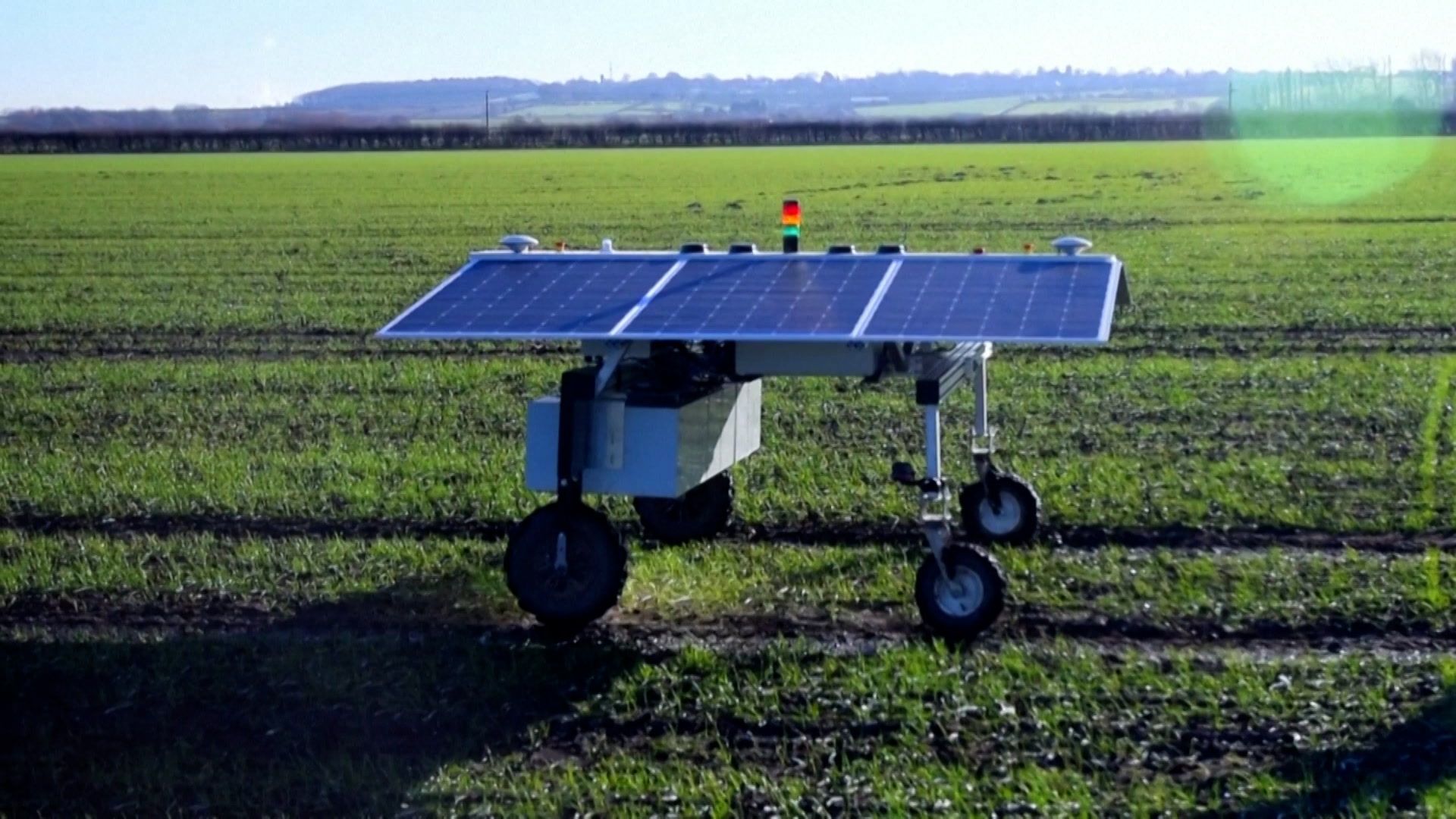Data Scientists in Crisis: Democratizing Access to Artificial Intelligence for the Masses

Davos, Switzerland - As the world inches closer to creating 175 zettabytes of data annually by 2025, a pressing issue remains unresolved: how to make artificial intelligence (AI) accessible to all, regardless of size or resources.
In recent years, the rapid growth of data has outpaced available AI talent, resulting in inflated costs and leaving smaller organizations behind. This critical divide affects economic competitiveness and our collective ability to address pressing global challenges.
The World Economic Forum's 2024 Annual Meeting marked a pivotal moment for AI Governance Alliance members like myself, who are now calling for breakthrough solutions to democratize AI innovation.
Enter AI data science agents - revolutionary tools that could bridge the data divide. These autonomous software systems offer unprecedented potential by automating time-consuming data processing tasks and offering unparalleled analysis capabilities.
By harnessing the strengths of both human oversight and explainable AI, AI data scientists will work alongside expert analysts, providing a safety net against algorithmic errors or biased insights. The partnership empowers businesses to stay competitive without being overwhelmed by sophisticated analytics techniques.
A shining example of this dynamic approach can be seen in water management systems for underprivileged communities. Equipped with AI's capacity for causal analysis and explainable reasoning, these agents uncover valuable patterns and relationships within the data - crucial to reducing waste, identifying high-risk areas and implementing preventative measures before costs spiral out of control.
In manufacturing, this paradigm could translate into optimized inventory levels to improve cash flow. Real-time alerts prevent equipment failure before costly downtime sets in. Moreover, AI can help manufacturers pinpoint specific production conditions that lead to quality issues, enabling targeted improvements without requiring large financial investments in advanced data analytics expertise.
However, achieving true integration between AI and human judgment is no easy feat. Building trust in these systems will require ongoing commitment from developers, policymakers, and users alike.
It must start in the core of what we build: intuitive interfaces that make sense to all stakeholders involved - not just tech-savvy executives but even frontline workers and communities who have long suffered without affordable advanced analytics support.
Together, AI data scientists can unlock universal progress through democratized access to AI innovation, providing everyone, regardless of wealth or size, the tools needed to solve real-world challenges.
